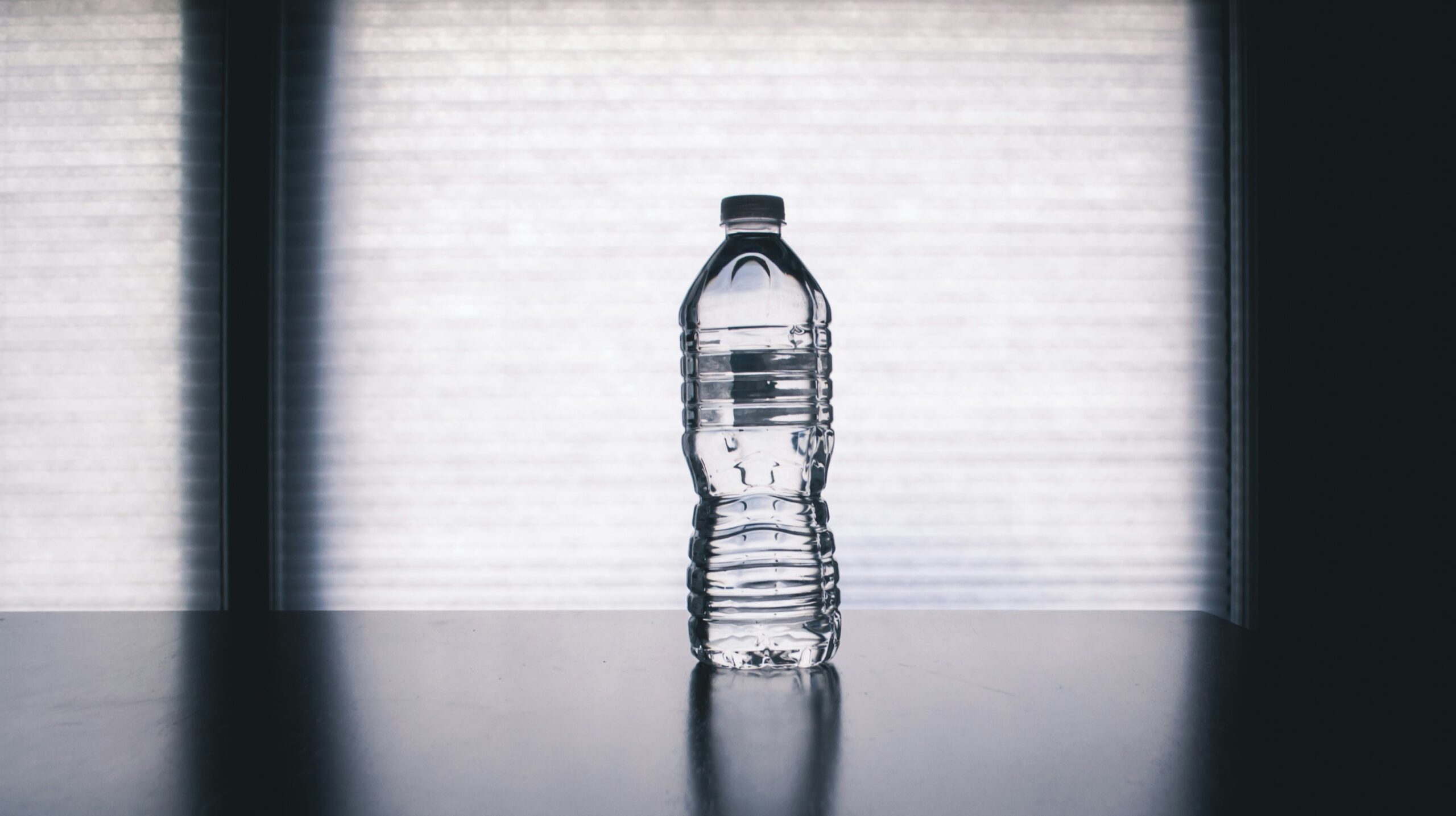What’s your water intake like this summer? Are you consuming at least the recommended 6-8 glasses of water a day?
If not, you could be at risk of inflammation, bloating, failing to absorb the right nutrients and continents, and developing serious health issues.
One of these is your gut health in the summer. Find out the link between dehydration and gut health and learn how to care for it to the fullest!
How does dehydration affect your gut health?
We all know the benefits of staying hydrated, but are you familiar with its links to the gut? Water’s vital role in the gut is to push food through the intestines so the digestive process can take place.
If there’s no water, your intestines start to become blocked, causing pain, bloating, and constipation. Then, when there’s a lack of water for digestion to take place, your body tries to extract it from other places.
Thus putting your body at risk of :
- Constipation: Water plays an essential role in stool formation. If you’re dehydrated, it’s harder for the stool to pass through your intestines from your guy, resulting in harder stools and constipation.
- Imbalance of gut microbiome: A lack of water can cause an imbalance of bacteria in your gut. It can encourage the overgrowth of harmful bacteria and decrease the levels of healthy bacteria in your gut, causing a disbalance impacting health.
- Higher risk of gastrointestinal conditions: If you’re chronically dehydrated, there’s a higher risk of developing conditions such as inflammatory bowel disease and irritable bowel syndrome.
- Impact on gut lining: The mucosal lining of your gut is dependent on water to function properly. If you’re dehydrated, the lining can be compromised, making it more prone to leaky gut syndrome, increasing the risk of damage and infection.
5 Tips to stay hydrated
To stay hydrated in the summer and reduce the risk of dehydration and gut health coinciding, try doing the following:
Water first thing
Always drink a glass of water when you wake up. Water can help kickstart your metabolism and give you an additional energy boost on a summer day.
Listen to your body
Listen to your body’s signals. It can help you save valuable time when dehydrated. Be conscious if you’re thirsty or hungry. There are times you might overeat, mistaking your thirst for hunger and ignoring the problem at hand.
Eat water dense foods
One way to maintain your water levels is to eat food that has a high water content. Foods like cucumber, tomatoes, watermelon, celery, and spinach are hydrating and packed with nutrients.
Use reminders
Set alarms on your phone to remind yourself when to drink water throughout the day. Try to use Siri, Alexa or Google to add positive reminders for you to drink. You can even get a water bottle with positive notes adding them on.
Look at your urine colour
Whenever possible, always look at the colour of your urine! This can be a good indicator of whether you’re hydrated or not. Darker urine tends to show potential signs of dehydration, whereas lighter urine tends to show a lot less.
Try NutraGut
If you want to maintain good hydration and gut health, why don’t you try Nutra Gut? This powerful GMP supplement contains a comprehensive solution for your gut. This blend contains a rich blend of probiotics, digestive enzymes, prebiotics, and essential vitamins and minerals. All of them in Nutra Gut work together to reduce inflammation, aid digestion, and nutrient absorption, and balance gut bacteria, ensuring your gut stays healthy even if you are slightly dehydrated.
Final thoughts
Overall, hydration and gut health are linked, and you should be mindful of both. To prevent you from becoming dehydrated, always look at your urine colour, eat water-dense foods, use reminders, and drink water first thing in the morning. This can help you stay focused and healthy, equipping you to be ready each day.
If you fail to have sufficient gut hydration, you risk becoming constipated, having a disbalance of healthy bacteria, and having an inflamed gut, which can lead to greater health complications.
You also risk irritable bowel syndrome, inflammatory bowel disease, and even leaky gut.
Want to know more about optimising your gut health? Check out our post on the 8 best supplements to support gut health in the summer.
 FREE UK DELIVERY ON ORDERS OVER £20.
FREE UK DELIVERY ON ORDERS OVER £20. WORLDWIDE SHIPPING AVAILABLE
WORLDWIDE SHIPPING AVAILABLE

